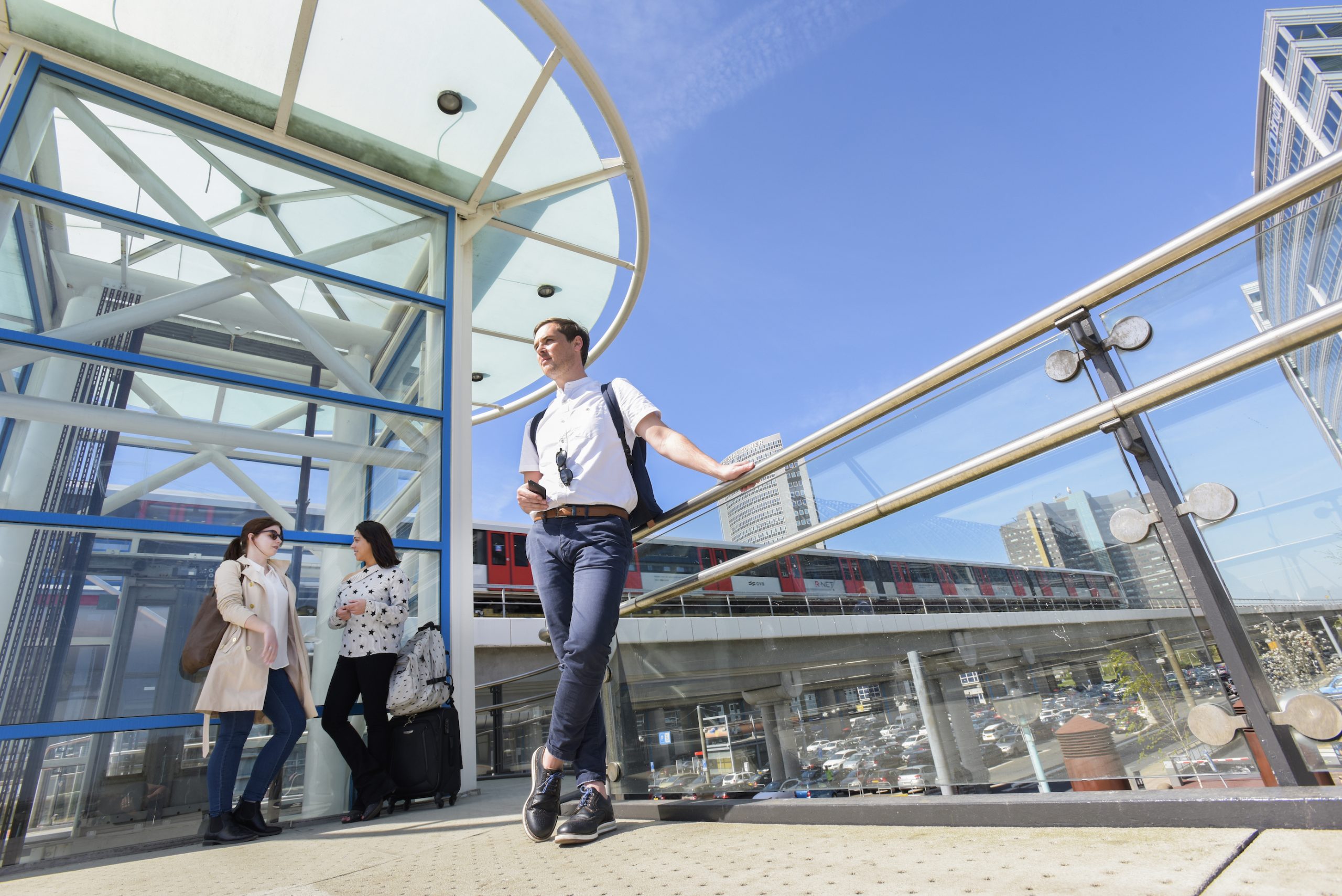Revealed: how relocating employees can conquer anxiety and feel at home abroad
Revealed: how relocating employees can conquer anxiety and feel at home abroad

Three experts – a psychologist, an author and a relocations specialist – unveil their secret tips
Everyone knows there is no place like home – but when you leave the country as an employee to live and work abroad, how do you overcome the stress of moving to feel happy in your new destination. It’s a question that thousands of business people are asking right now as the world of global mobility starts to move again.
Some employees have found themselves stuck in temporary destinations for longer than they expected because of quarantine rules, others are still at home because relocations were cancelled. Many more of course, are preparing to start a new job independently, undertake training or even planning retirement abroad.
But whatever the reason for moving, Crown World Mobility, a global mobility expert which researched the subject, has revealed the anxieties and stresses people feel on arrival in a new country are common, deep-rooted and often psychological.
The bad news is that these issues are amplified by the stress of coping with coronavirus regulations and travel complications.
The good news is there are solutions; tips and techniques which allow people to feel happy in a new destination no matter what their internal fears.
Here, three experts sourced by Crown World Mobility from three very different fields – a psychologist, a relocations expert and an author who has researched the subject – provide exclusive tips on how to cope. They believe that place attachment can happen anywhere we live, and not just where we’re raised – and it can be achieved multiple times. Which means there is hope for everyone. If you want your employees to be happy in a new destination, and increase the chances of a successful relocation, share the advice from the experts…
Here are their top tips on how to feel happy in a new destination abroad:
Melody Warnick, author of This Is Where You Belong: Finding Home Wherever You Are
New hometown: Blacksburg, Virginia, USA
1 Build relationships
Number one is you cannot escape the importance of relationships. If you come to a new city and you love everything about it, but you don’t have friends there, you will be unhappy. So, the best thing you can do for yourself and for your family is to quickly try to acquire some of those human relationships.
2 Seek out what the city is good at – and do it
If you move to a town or new city, it’s normal to compare it to places you’ve lived in the past and feel disappointed. Maybe they don’t have an art museum or great night life. But every town is good at something, and a key to developing place attachment is figuring out what your town is good at and doing it. Where I live, I had to learn to appreciate American football because it’s so important here.
3 Be helpful
Finding a way to deepen your engagement with the community and what’s going on there is vital. Volunteering, for instance, deepens our engagement with the place where we live and gives us a sense of ownership. You start to think: “This is my place; I care about what happens here.”
Joanne Danehl, Global Skills Director, Crown World Mobility
New hometown: Chicago, USA
1 Plan
Write plans and accept those plans might need to be adjusted, that they’re going to be fluid. But definitely have a plan that covers how, when and, crucially, why. Why am I doing that? Why is that important to me? Why do I have to get that done? That will help you prioritize. It’s also important to let your employer know what is important to you
– they may be able to help.
2 Don’t underestimate the challenge
Don’t underestimate how much of an adjustment it’s going to be. I’m not saying it’s going to be bad or negative, but don’t minimize it. Go ready to embrace that change. Almost everyone who moves abroad will suffer some kind of culture shock during their stay, so be aware it can happen. If you’re traveling with your family, you need to know that people experience it in different ways and at different times. So, support each other and be alert.
3 Learn the language
Learning the language is incredibly important, and not just because of the need to communicate but also to provide a glimpse into the country’s culture.
My advice is to give it a go. You’ve got on a plane and you moved to a foreign country, how hard can it be to say “please can I have a cup of coffee” in the host language and laugh at yourself if you get it wrong? Because then people will laugh with you. Some employers can provide language training through their global mobility provider and there are extra benefits in having a language tutor when you arrive. It can feel like having a new friend or at least someone to talk to, someone who knows the destination well.
Dr Alesia Moulton-Perkins, Chartered Clinical Psychologist and Cognitive Behavior Therapist
New hometown: Normandy, France
1 Don’t compare
It all comes down to attitude and your way of perceiving the new place that you are in. If you are constantly comparing it to where you honed previous attachments – and especially if you are the kind of person who is a little bit anxious or prone to see the glass half empty – then every time you make that comparison your new country will probably fall short. Intentionally focus on the positives about the country you are in and the new relationship you are making with it. Then your well-being will be greater.
2 Prepare yourself mentally for a challenge
Don’t expect moving to a new home abroad to be a walk in the park, expect it to be tough and prepare yourself. One good tip is to contact people in the local area before you go, perhaps through one of the many expat Facebook groups for instance, and organize social events for when you get there. This will make you feel “welcome” in a new place and means you are starting the process of forming attachments to your new place.
Human contact is so important, and it makes you feel more safe and secure – and less anxious.
3 Don’t be afraid to seek out familiarity
It can be tough being in a new country if you don’t speak the language and the culture is different to your own. So, be realistic. You need to be open to new experiences but as human beings we also need some stability and familiarity in our lives.
We all need security and sometimes that comes from familiarity. Finding a café or shop that’s like the one at home, a restaurant that sells your home food, or a group of people who speak your language can help. Know what makes you comfortable and seek it out sometimes.
For a complete guide on how to feel happy in a new destination abroad, download the full version of this article from Crown World Mobility here.



